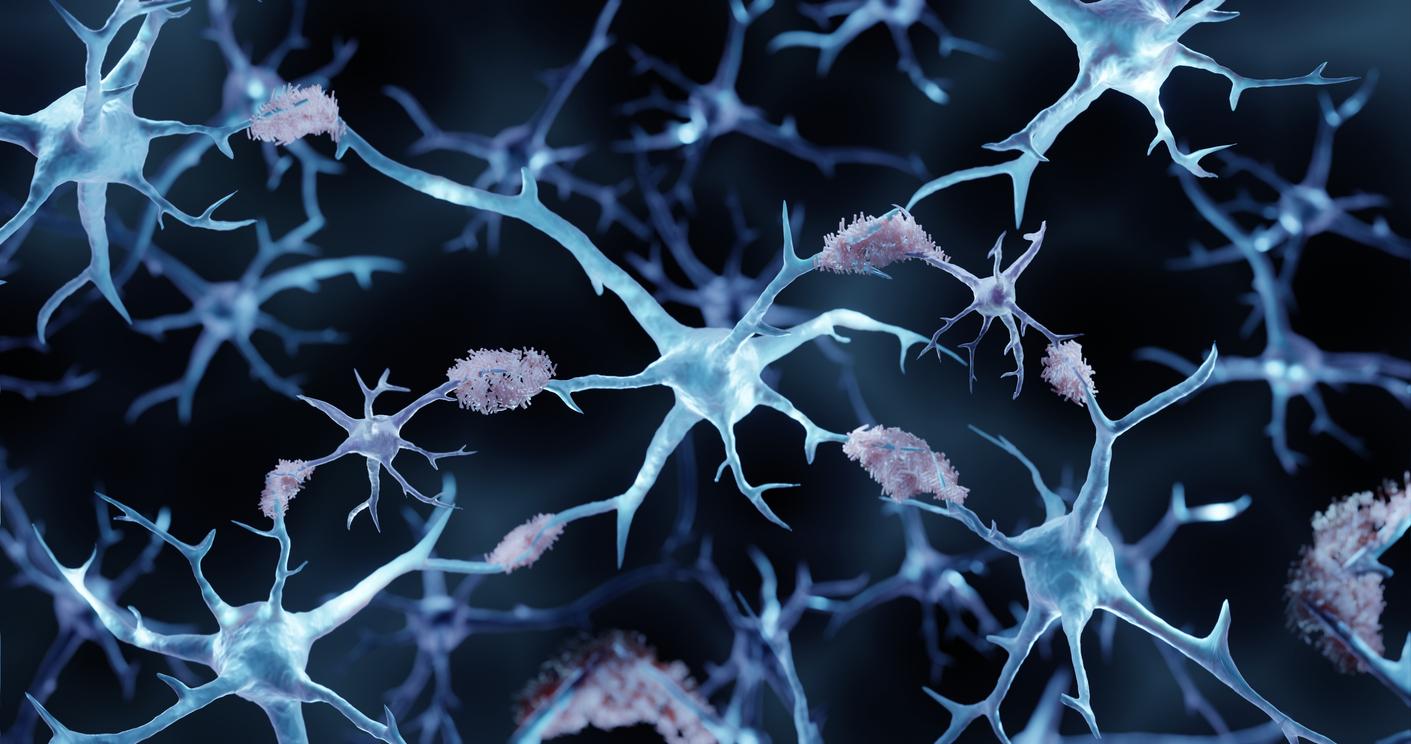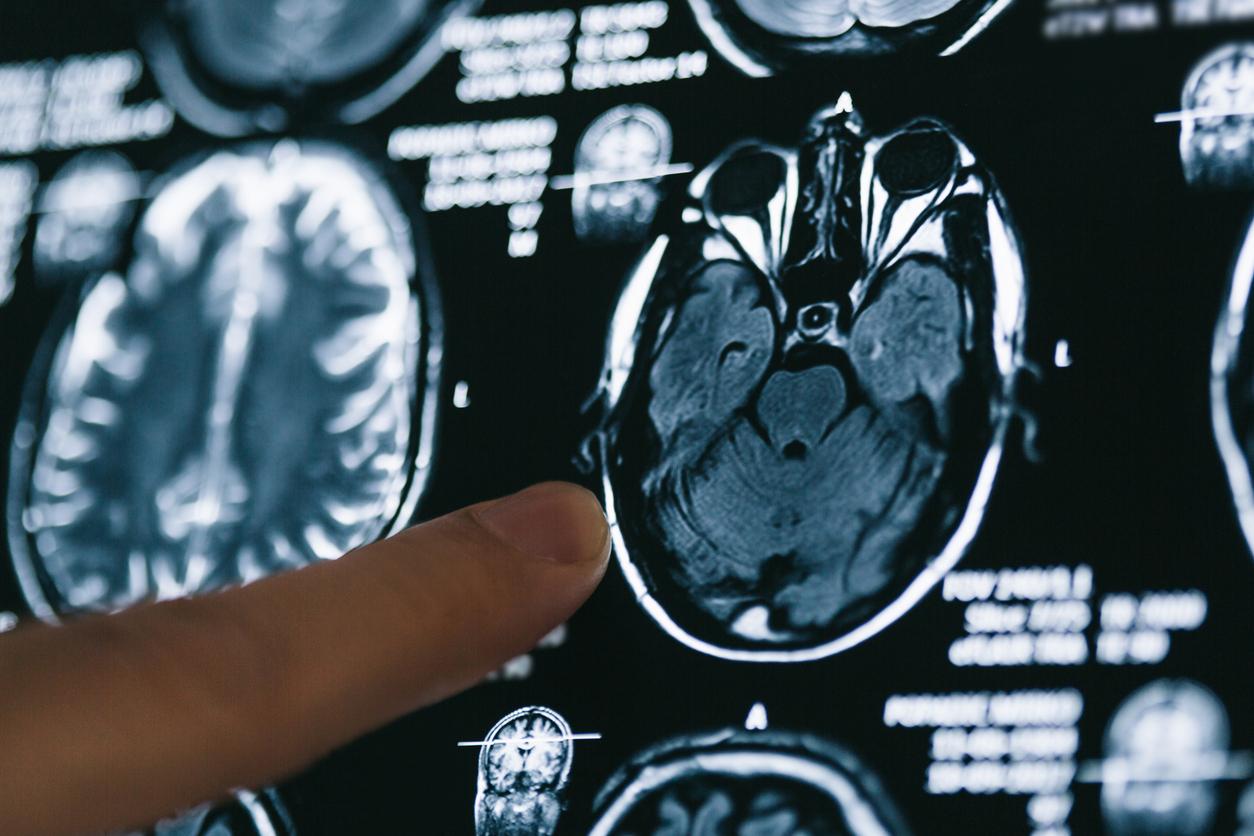Researchers have developed artificial intelligence which, by analyzing patient files, is capable of detecting Alzheimer’s disease up to seven years before symptoms appear.

- Artificial intelligence has been developed by researchers to detect Alzheimer’s disease.
- This is able to predict the risk of developing Alzheimer’s disease up to seven years before the appearance of symptoms and with an accuracy of 72%.
- To do this, artificial intelligence relies on risk factors for Alzheimer’s disease, defined by researchers, such as hypercholesterolemia and osteoporosis.
It may soon be possible to detect Alzheimer’s disease, up to seven years before symptoms appear… Researchers from the University of California San Franciscoin the United States, have developed artificial intelligence (AI) which, by analyzing patient files, is able to predict the appearance of this pathology up to seven years before the first signs.
Their work was published in the journal Nature AgingFebruary 21, 2024.
Alzheimer’s: AI could be able to detect the disease
In France, 900,000 people suffer from Alzheimer’s disease, according to the National Institute of Health and Medical Research (Inserm). Currently, there is no curative treatment for this degenerative pathology, but early detection allows better management and slowing its progression. In this new study, the scientists’ objective was therefore to develop an AI capable of detecting in advance, autonomously, the risk of developing Alzheimer’s disease.
To do this, they determined key factors of Alzheimer’s disease on which AI can rely for its detection. Hypercholesterolemia (high blood cholesterol level) and osteoporosis are the two main factors, particularly in women. Next comes vitamin D deficiency. Other risk factors in men: erectile dysfunction and theenlarged prostate.
Once the AI was developed, the researchers tested it on five million patient medical records.

AI: screening up to 7 years before symptoms
Result of the experiment: the tool was able to detect the risk of developing Alzheimer’s disease with an accuracy of 72% up to seven years in advance. “It is the combination of diseases [les facteurs] which allows our model [d’IA] to predict the onset of Alzheimer’s disease, explains Alice Tang, author of the study, in a communicated. Our finding that osteoporosis is a predictor for women highlights the biological interaction between bone health and dementia risk.“However, the authors reassure: not all people with osteoporosis will necessarily develop Alzheimer’s disease.
Ultimately, researchers hope to be able to use AI on a larger scale and to detect other diseases that are difficult to diagnose. “This is a really good example of how we can use patient data to predict who is most at risk of developing Alzheimer’s disease, and also to understand why. [de ce risque]“, concludes Marina Sirota, author of the study.

















